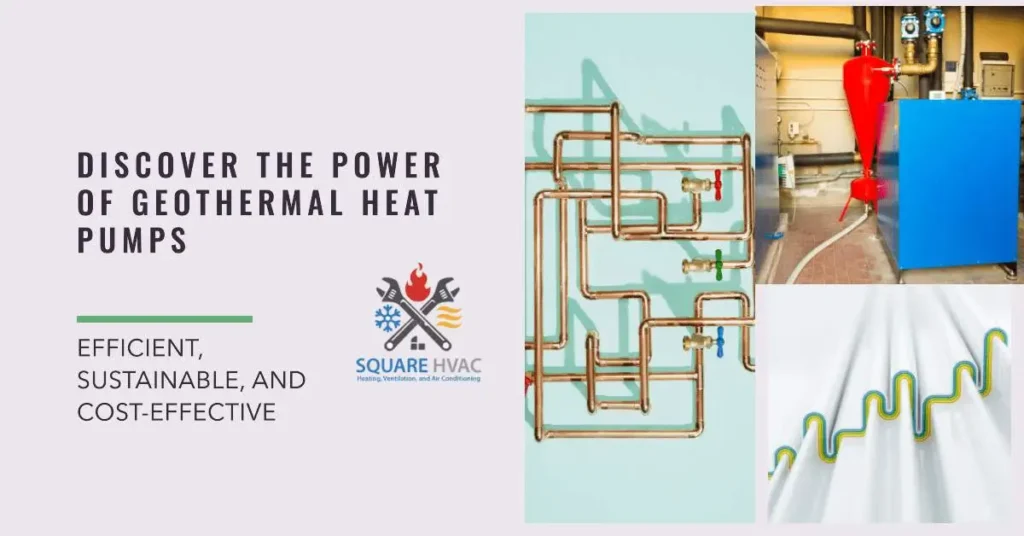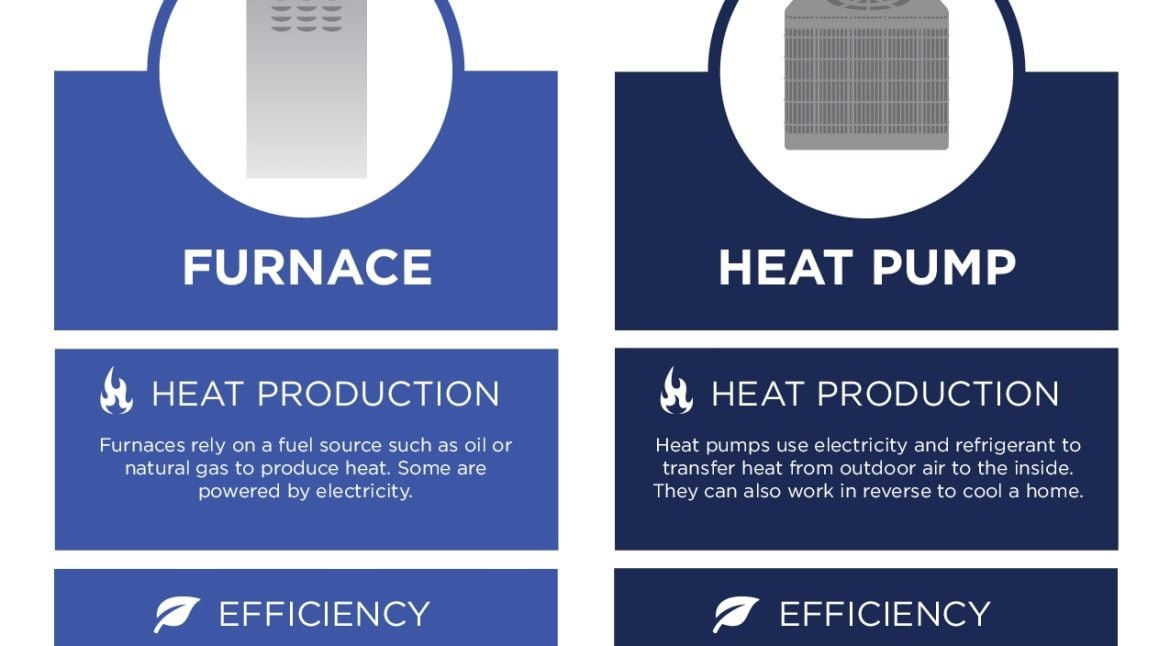Geothermal heat pumps are eco-friendly systems that use the Earth’s consistent underground temperature to heat and cool homes. They consist of a ground loop, heat pump unit, and ductwork.
Knowing the Benefits of geothermal heat pumps is crucial. These systems offer an energy-efficient and cost-effective way to regulate indoor temperatures, reducing the impact on the environment.
Top 3 Main Benefits of Geothermal Heat Pumps

Energy Efficiency
Explanation of How Geothermal Heat Pumps Work: Geothermal heat pumps tap into the Earth’s thermal energy. During winter, they extract heat from the ground and release it indoors. In summer, they remove heat from the house and transfer it to the ground.
Reduced Energy Consumption: Geothermal systems use less electricity to move heat, lowering energy bills.
Cost Savings on Energy Bills: Lower energy consumption translates to substantial long-term cost savings for homeowners.
Environmental Benefits: By reducing energy use, geothermal heat pumps help lower greenhouse gas emissions, contributing to a greener planet.
Consistent Heating and Cooling
Year-Round Comfort: Geothermal systems provide reliable winter heating and efficient summer cooling, ensuring year-round comfort.
Zoning Capabilities: They can divide a home into zones, allowing precise temperature control in different areas, and enhancing comfort.
Enhanced Air Quality: Geothermal systems don’t rely on combustion and provide cleaner air, reducing allergens and pollutants.
Long-Term Investment
Durability and Lifespan: Geothermal heat pumps are durable, with a lifespan of 20-25 years for indoor components and over 50 years for ground loops.
Minimal Maintenance Requirements: These systems require minimal maintenance, reducing long-term costs.
Potential for Government Incentives: Some governments offer incentives and tax credits for installing geothermal systems, making them an attractive long-term investment.
the benefits of geothermal heat pumps are essential for homeowners. They offer energy-efficient and eco-friendly solutions for maintaining comfortable indoor temperatures year-round, resulting in cost savings and a positive environmental impact. Plus, their long lifespan and potential incentives make them a wise choice for the future.
What to Consider Before Installing a Geothermal Heat Pump
Assessing Suitability for Your Property
Not every property is ideal for a geothermal heat pump. Assessing your property’s suitability is crucial. Factors like soil type, available land, and local climate affect the system’s efficiency. Professionals can conduct a site assessment to determine if a geothermal system is a good fit.
Finding Qualified Installers
A successful geothermal installation depends on skilled professionals. Finding qualified installers experienced in geothermal systems is essential. Look for certifications and references. Reliable installers ensure proper system sizing, efficient installation, and long-term performance.
Also Read: SEER vs HSPF: Heat Pumps Efficiency Ratings
FAQs
Are there different types of geothermal systems, and what are their benefits?
there are different types of geothermal systems, including open-loop and closed-loop systems. Open-loop systems use groundwater directly, while closed-loop systems circulate a heat transfer fluid in a closed pipe. The benefits include energy efficiency, cost savings, and reduced environmental impact.
What are the potential long-term benefits of investing in a geothermal heat pump system?
Investing in a geothermal heat pump can result in long-term benefits such as significant energy savings, reduced utility bills, enhanced comfort, and a positive environmental footprint due to lower emissions.
Are there any limitations or considerations when installing a geothermal heat pump in my location?
Location matters. Consider soil type, available land, and local climate when installing a geothermal system. It’s essential to conduct a site assessment to ensure suitability and efficiency. Local regulations and access to skilled installers are also important factors.
What is the lifespan of a geothermal heat pump system?
A well-maintained geothermal heat pump system can last 20-25 years for indoor components and over 50 years for ground loops. They are known for their durability and longevity.
What are the maintenance requirements for geothermal heat pumps?
Geothermal heat pumps have minimal maintenance requirements. Regular tasks include cleaning or replacing air filters, inspecting the heat pump unit, and ensuring the loop system remains leak-free. Annual professional maintenance is also recommended to ensure optimal performance.




